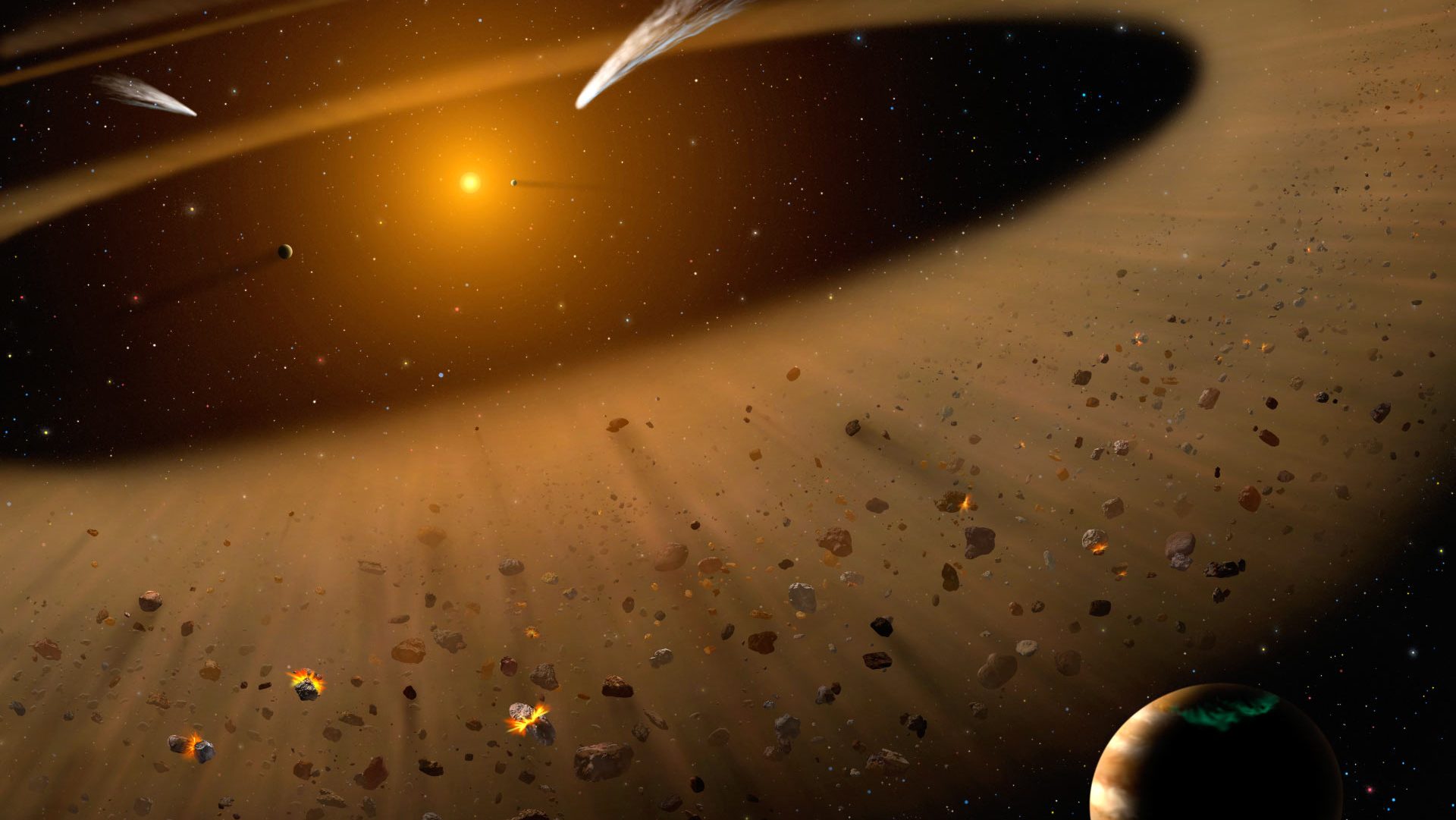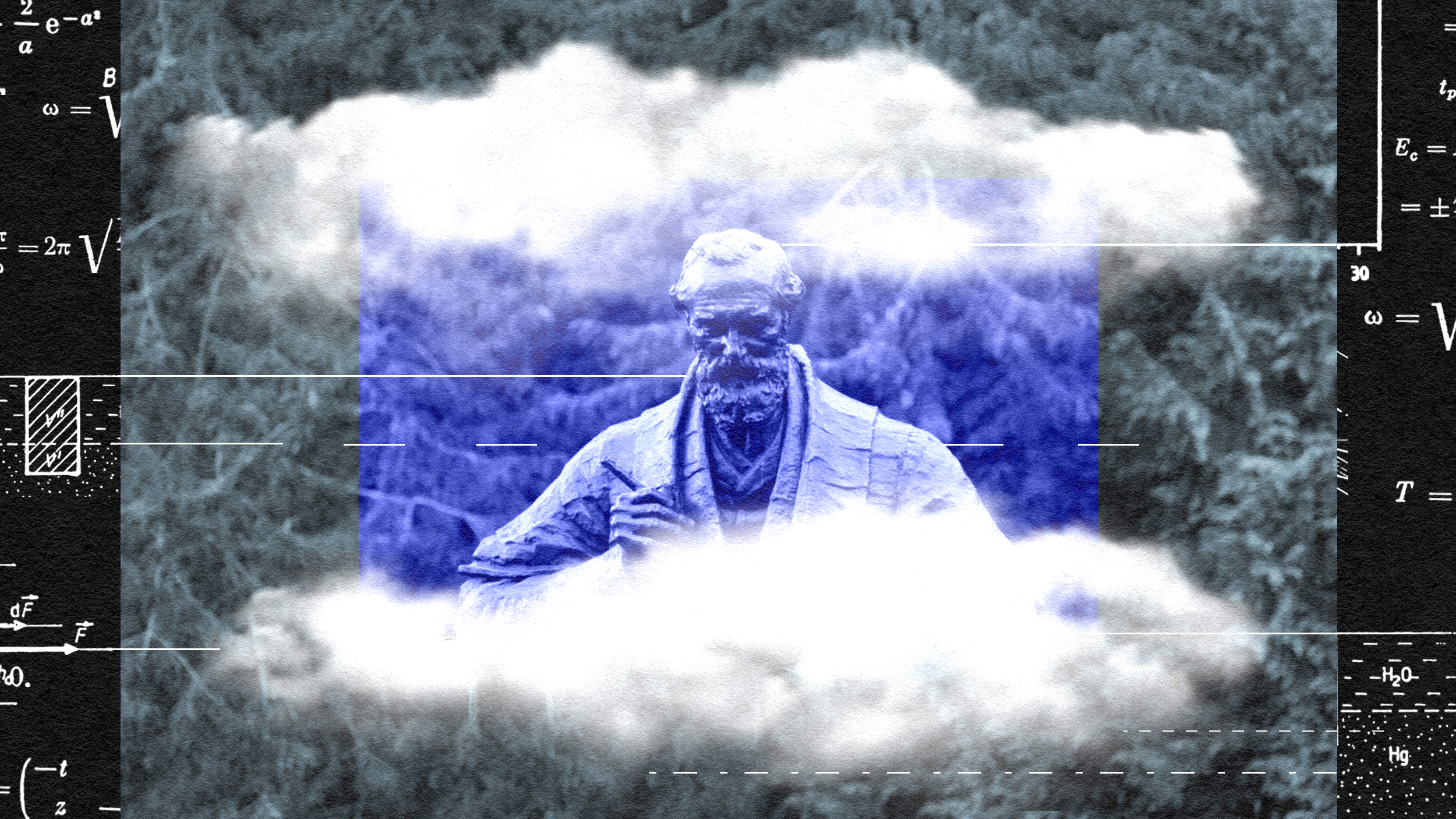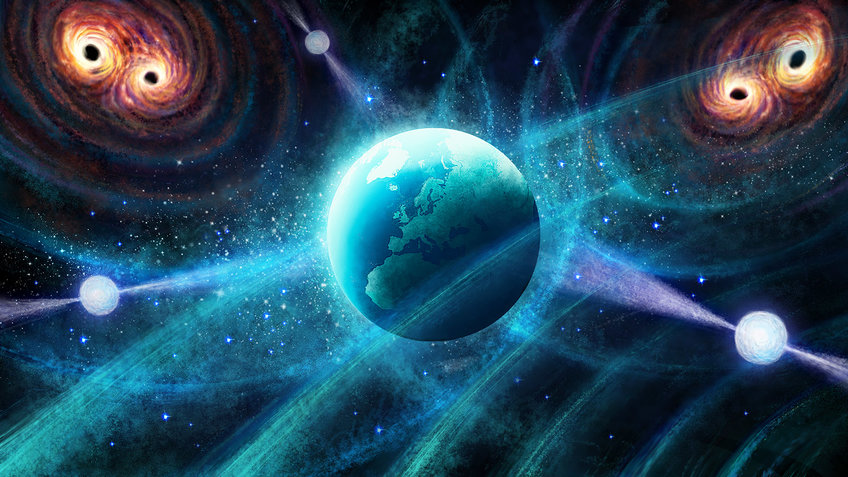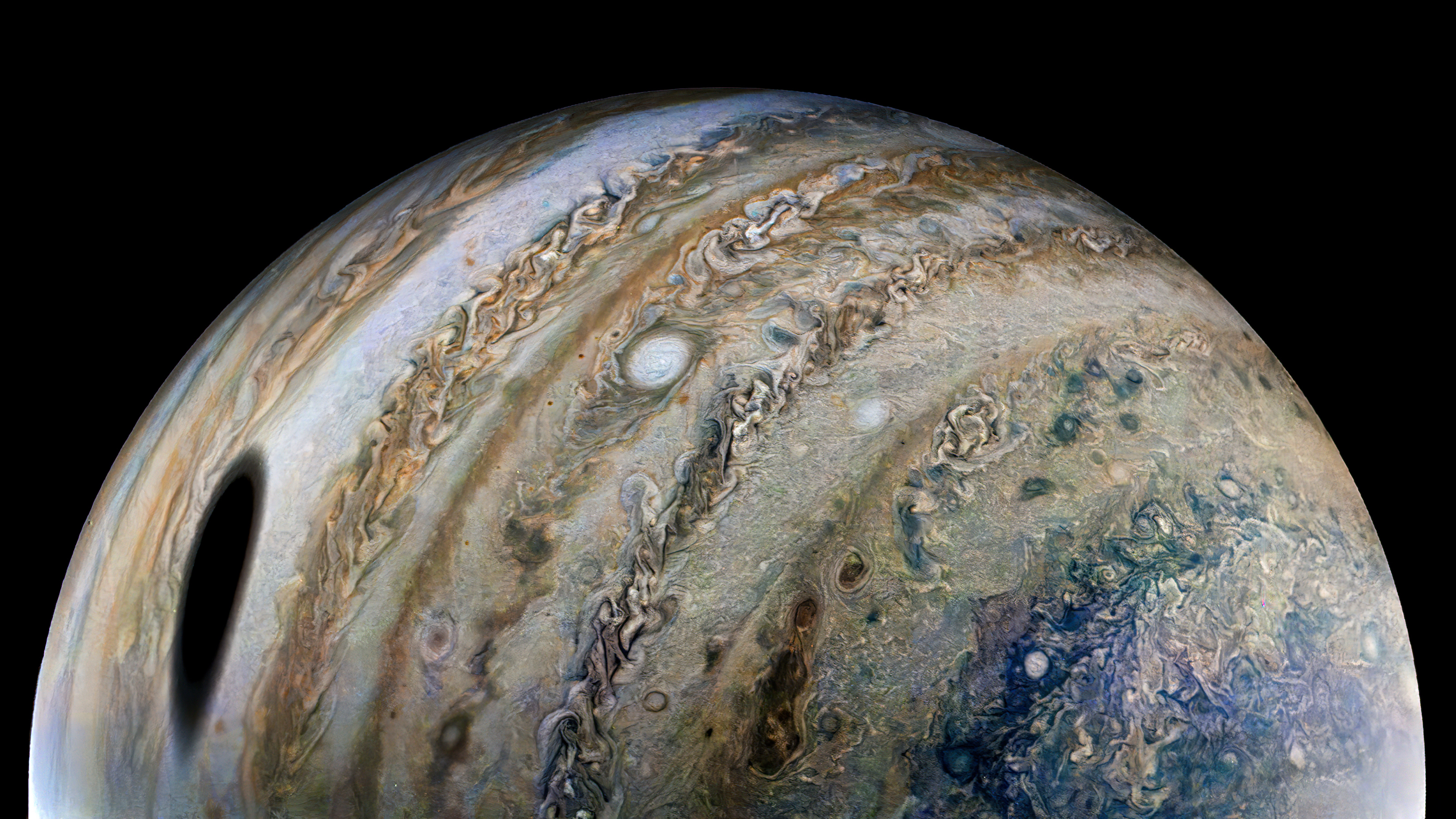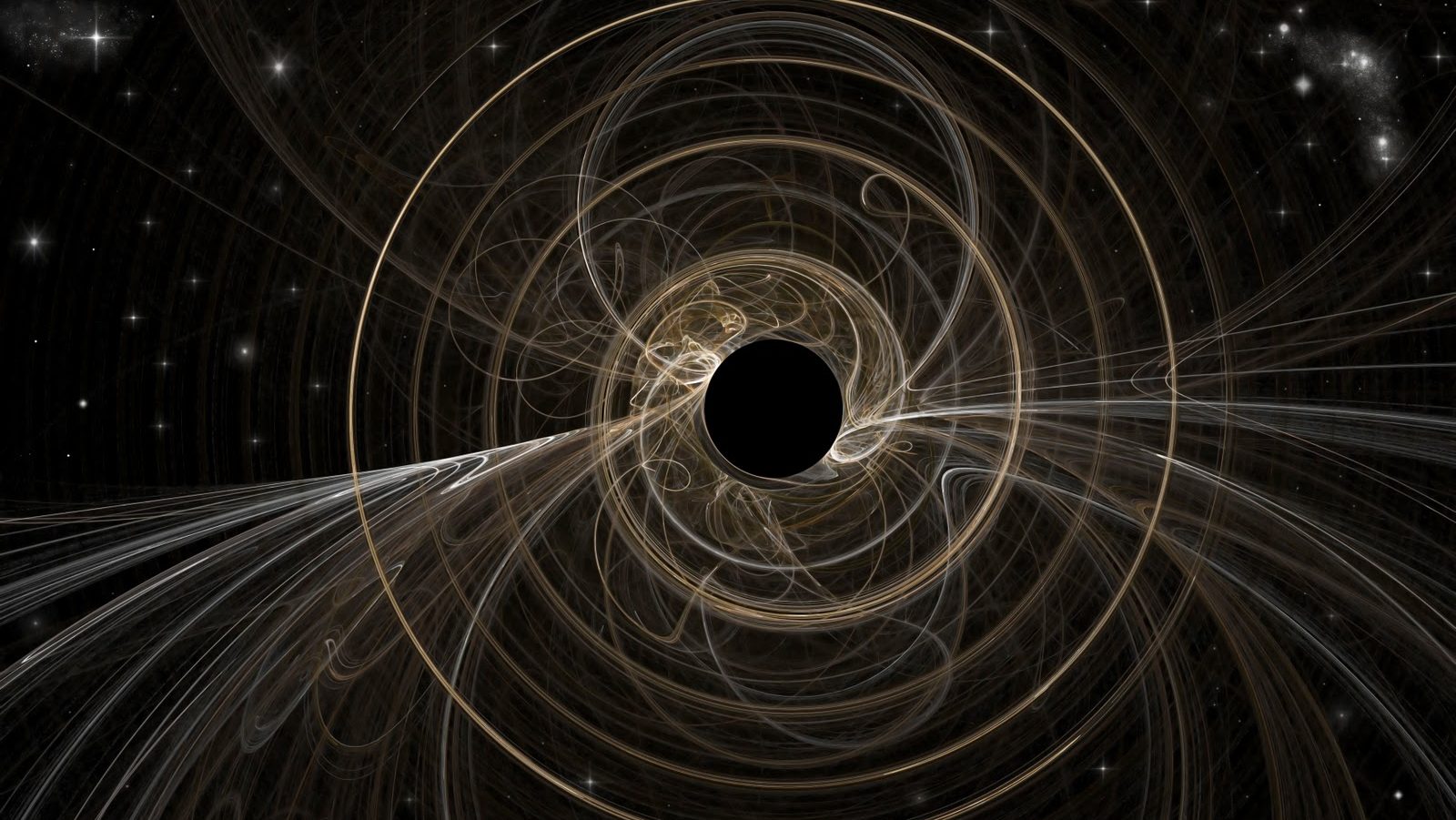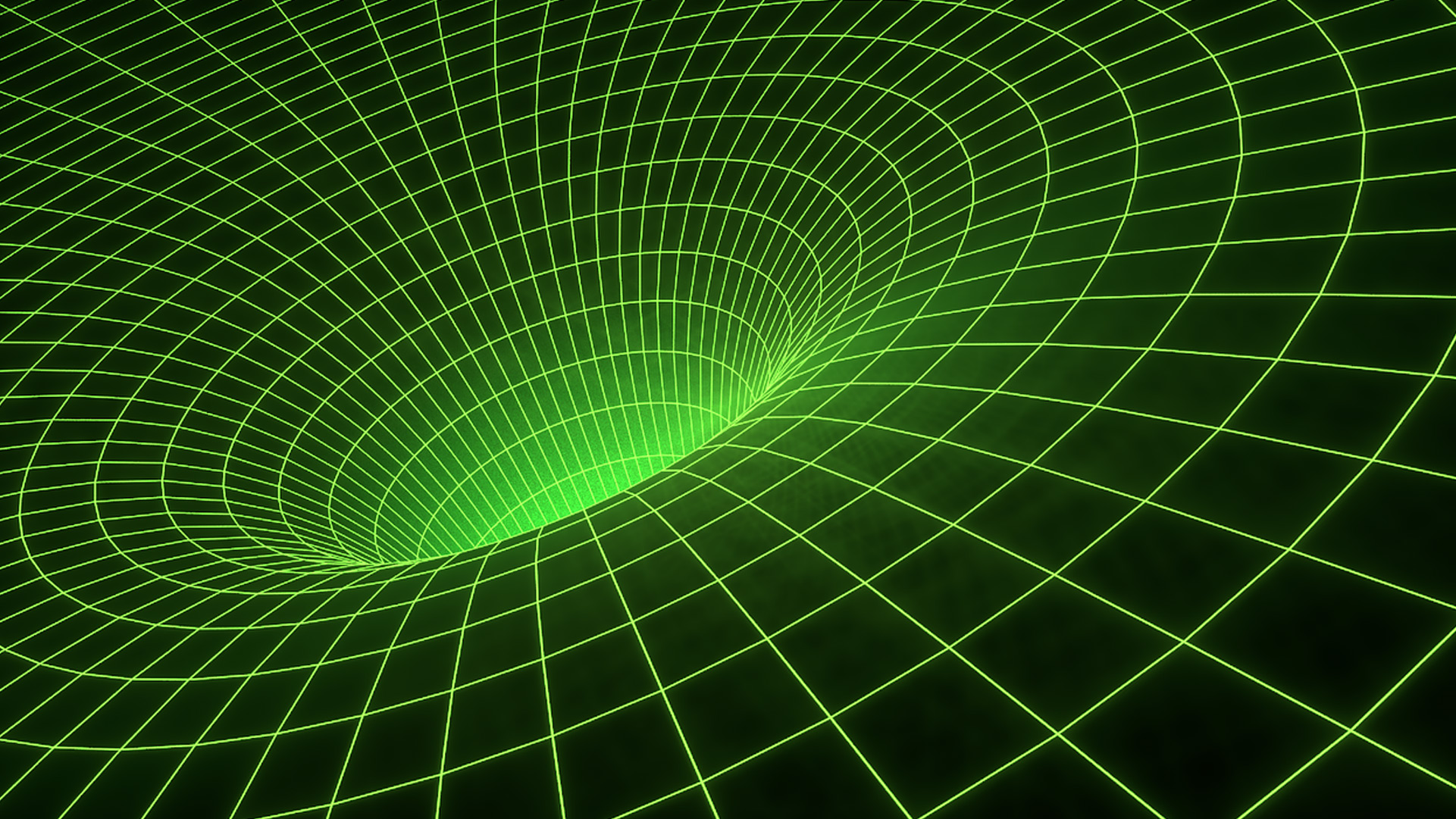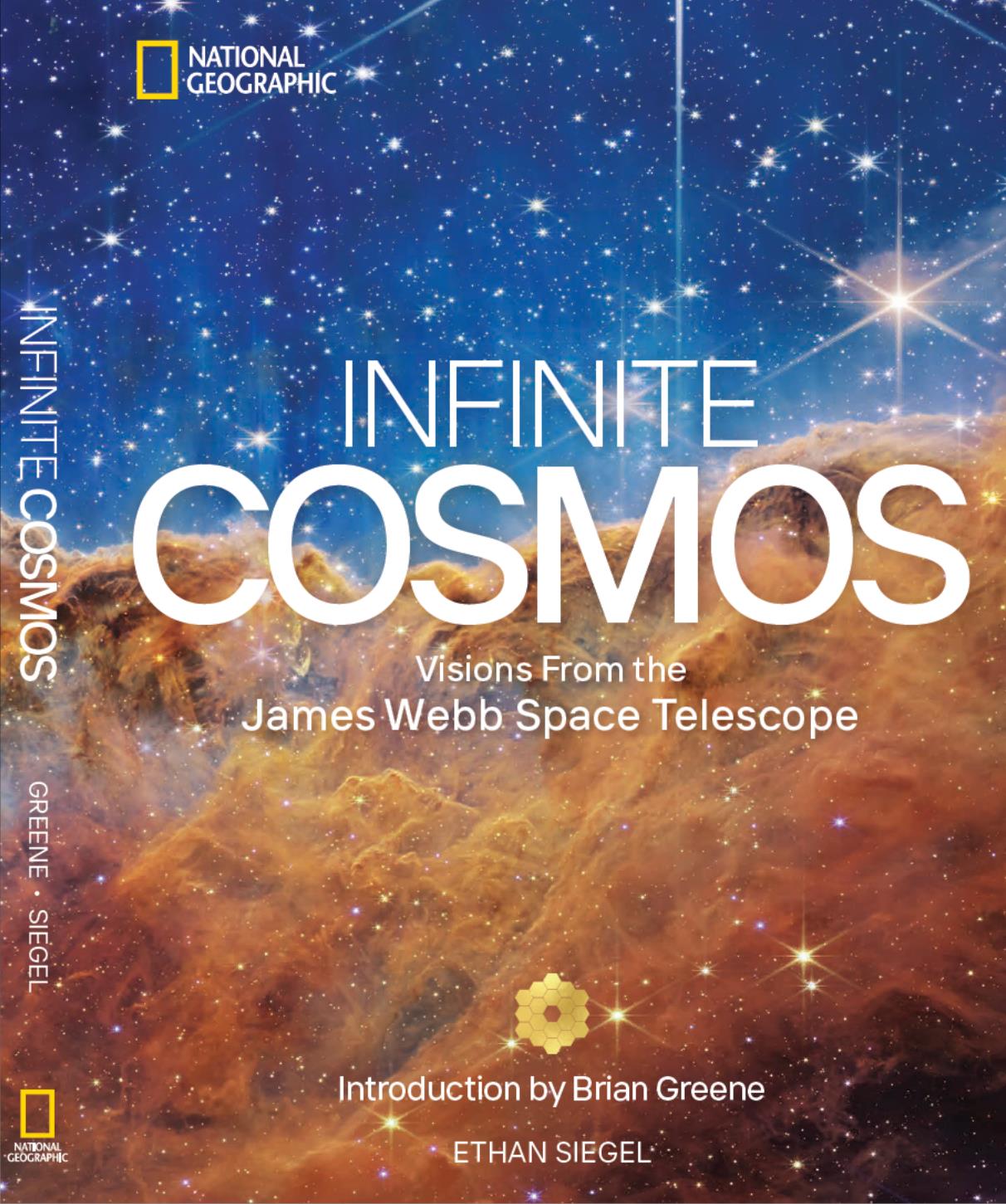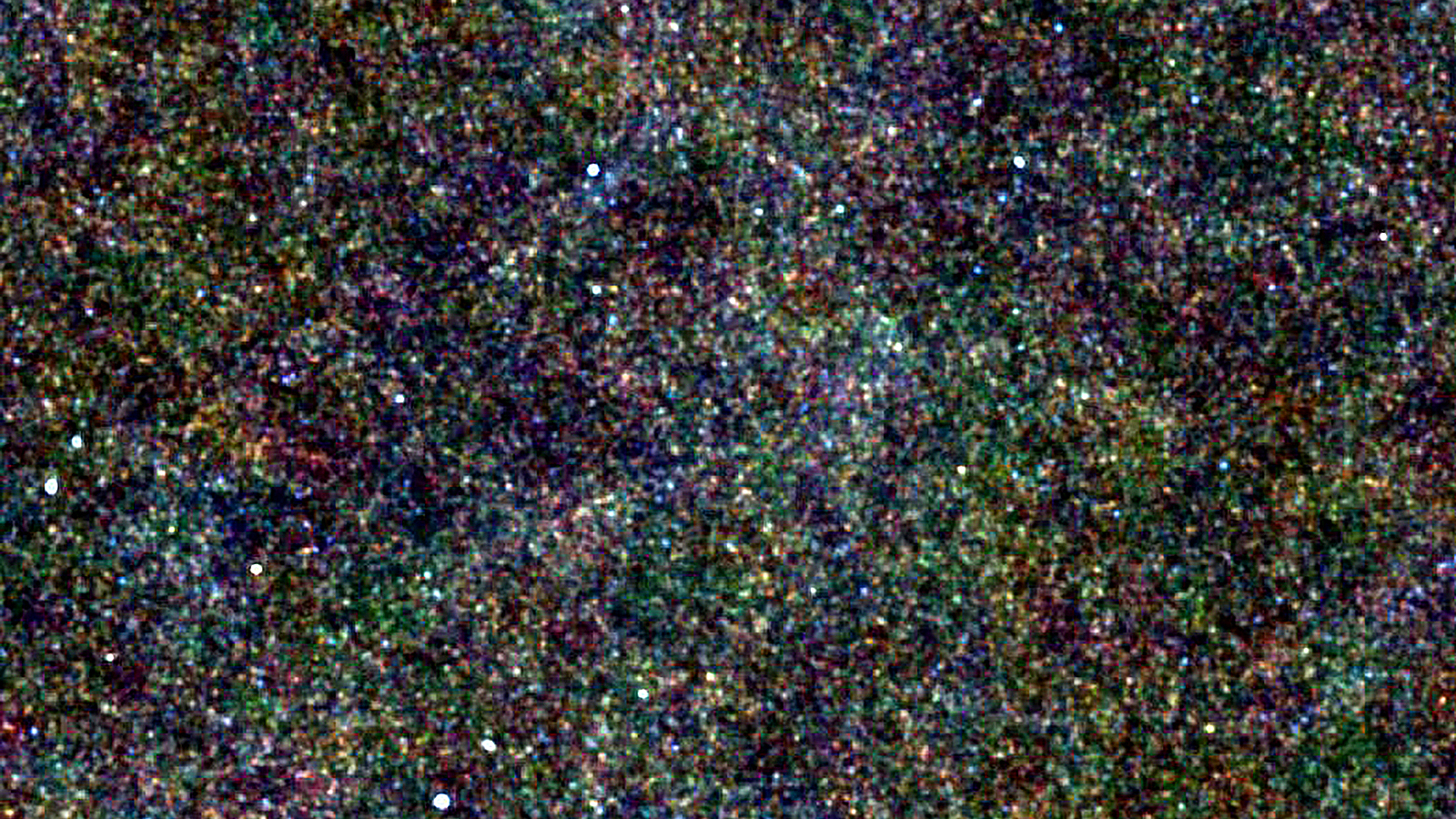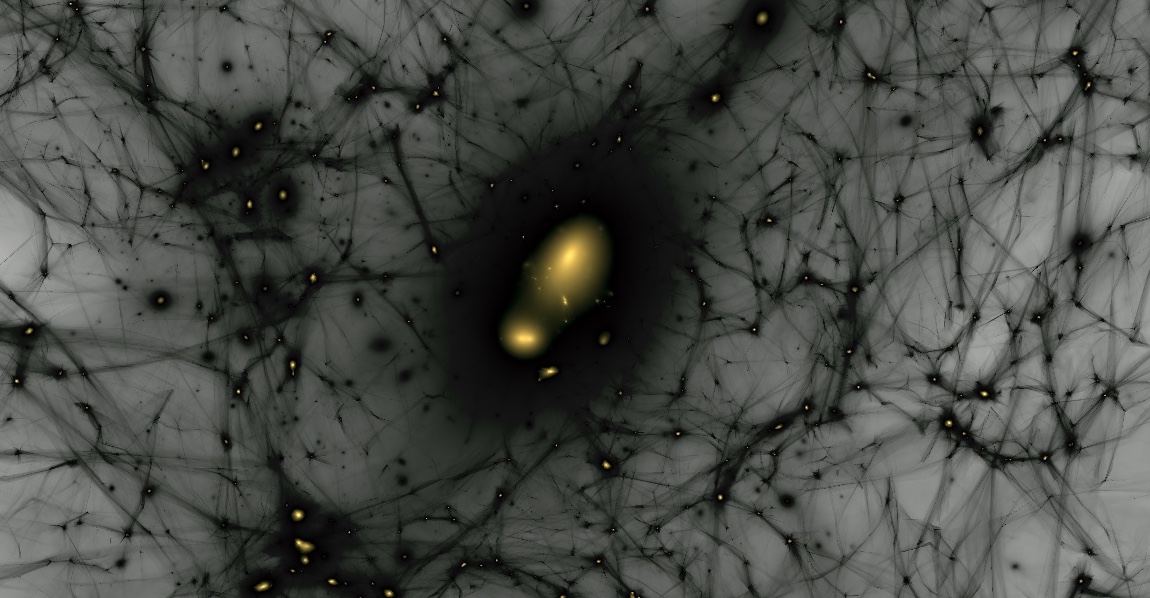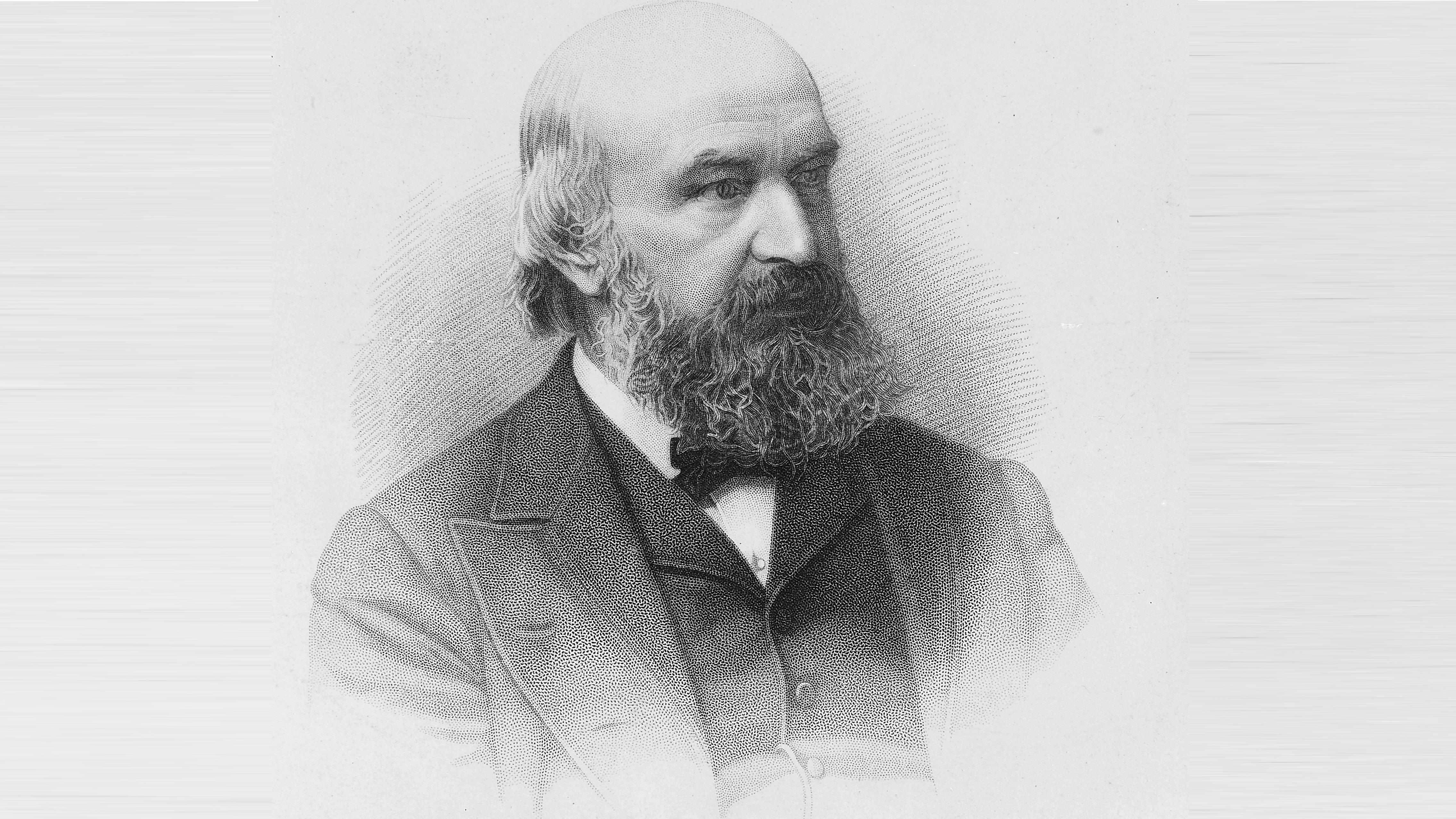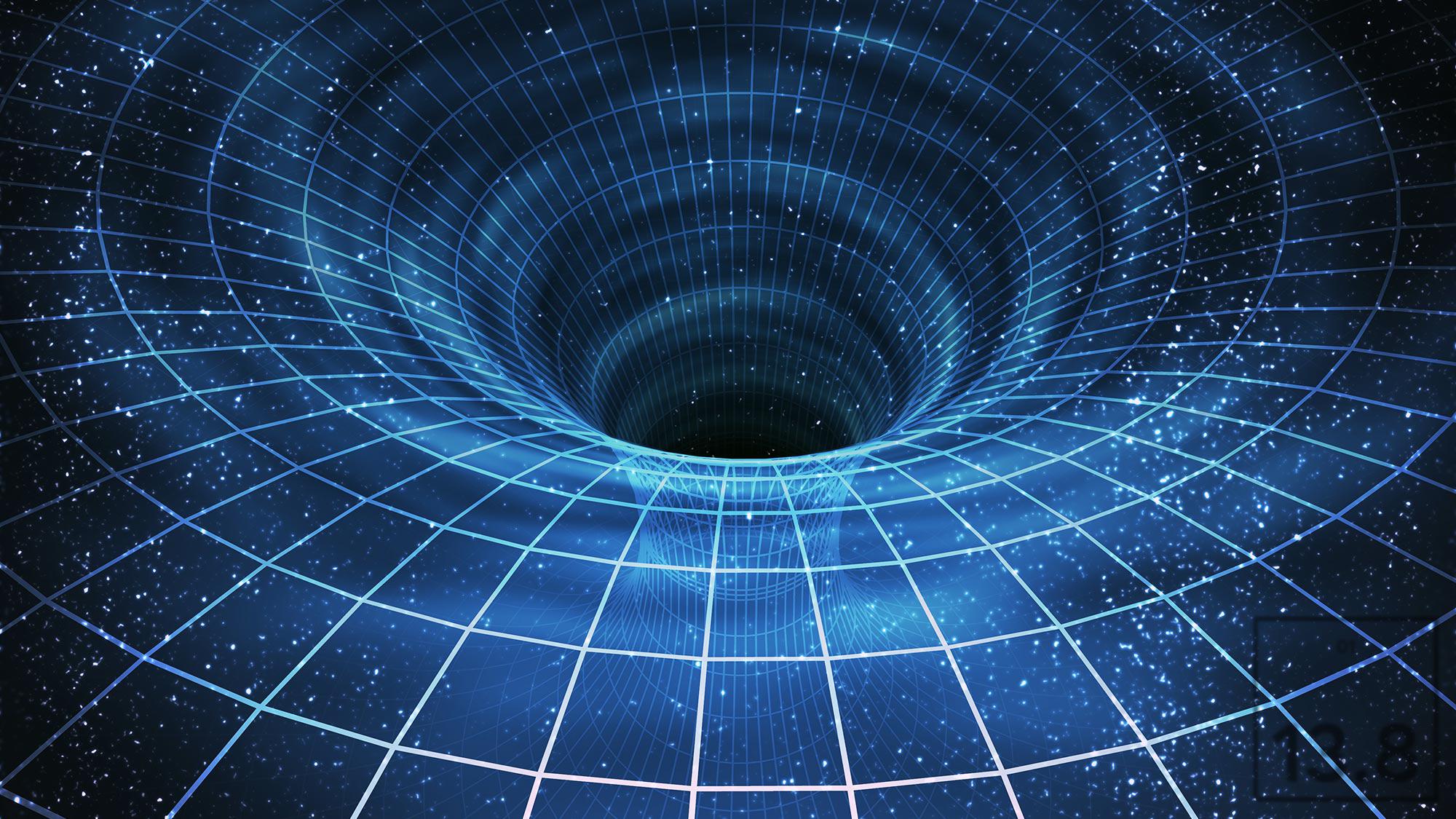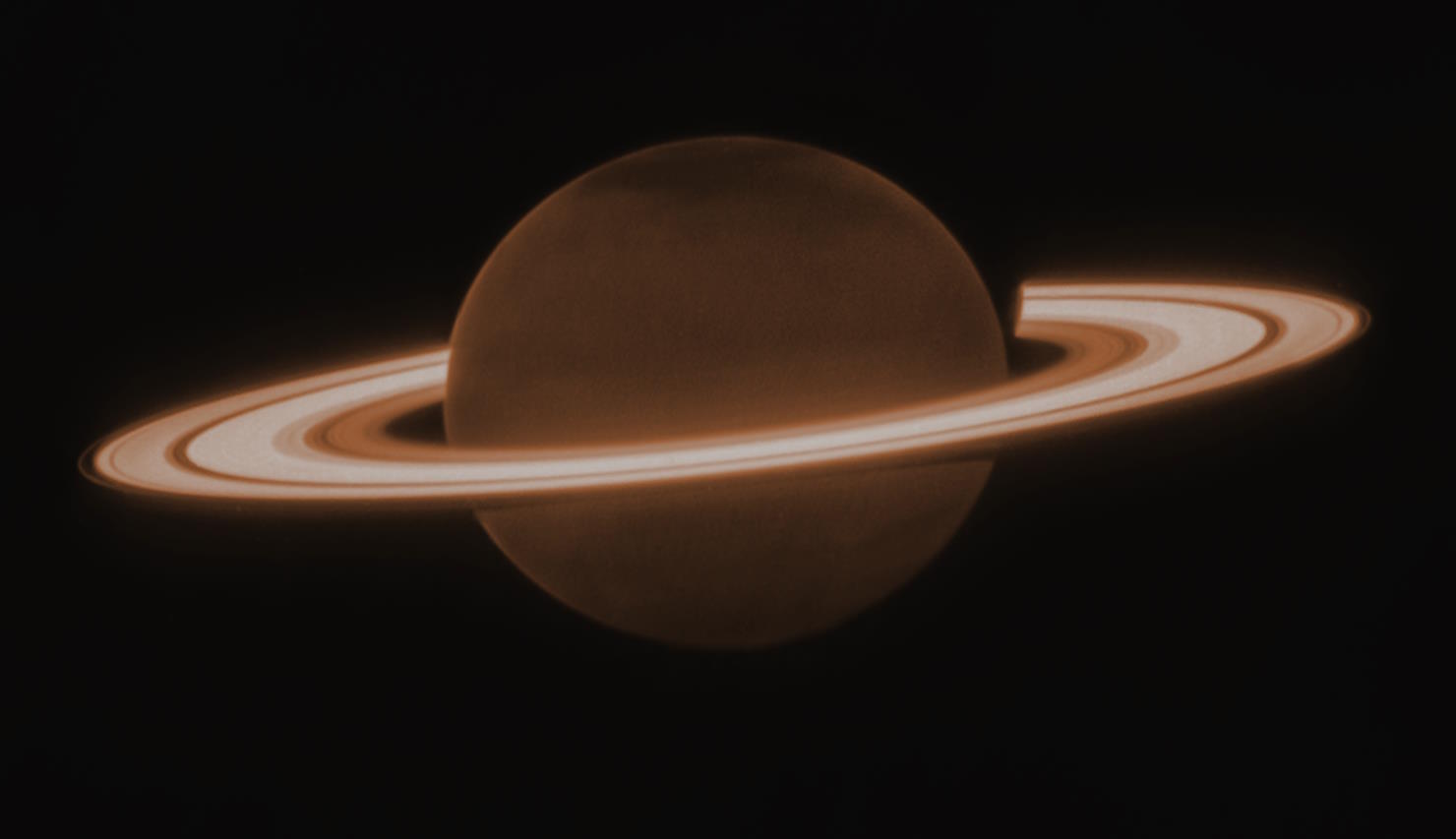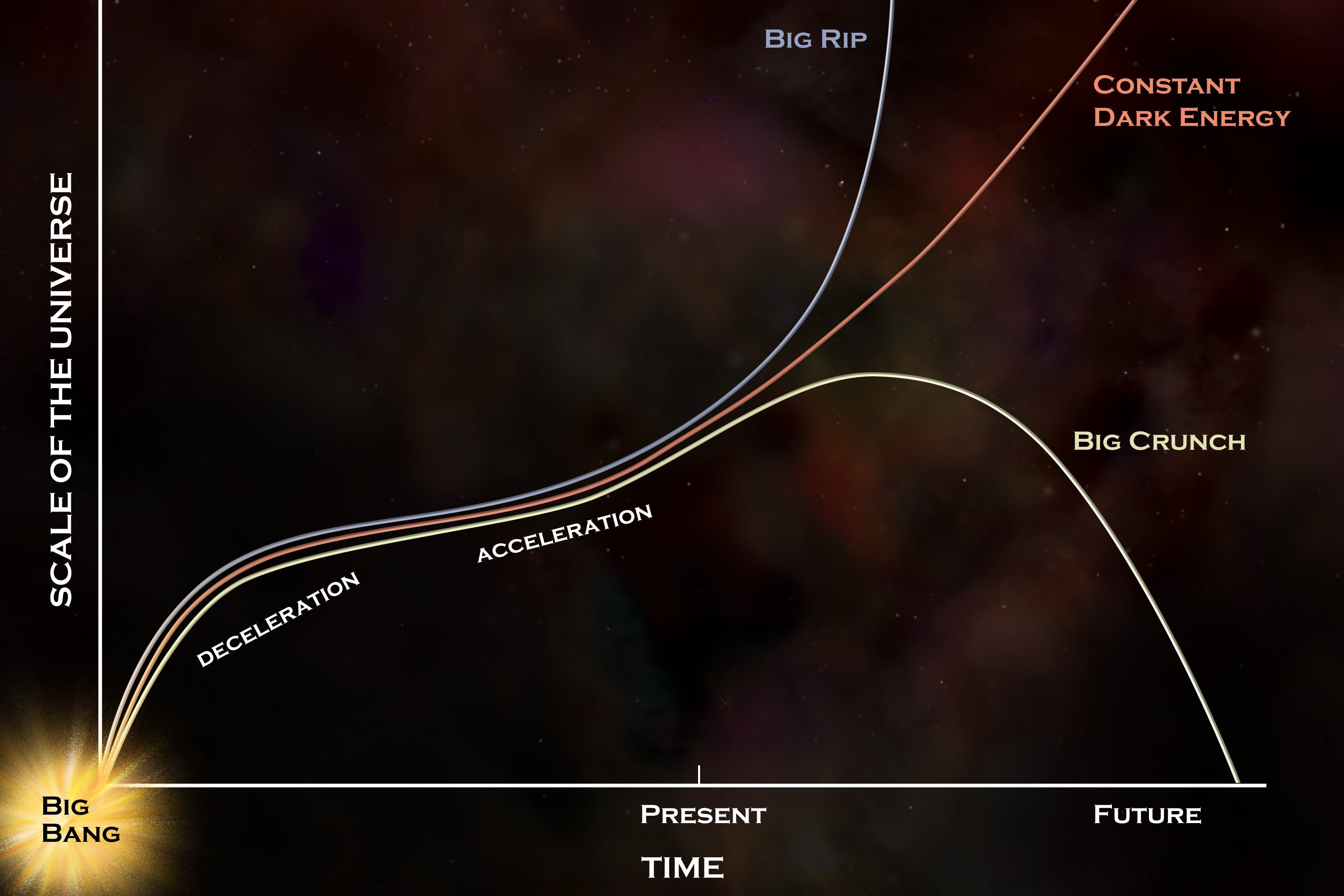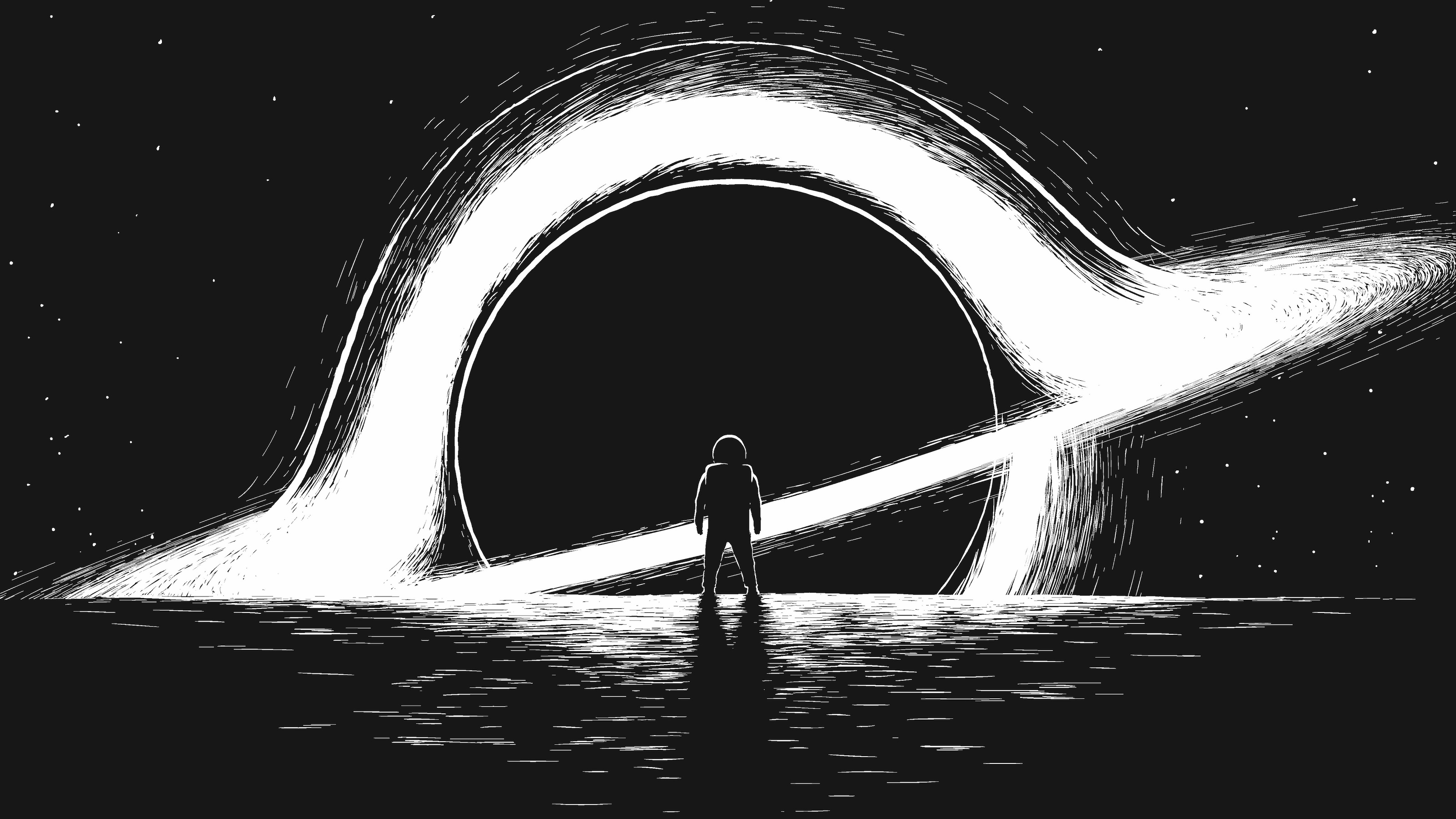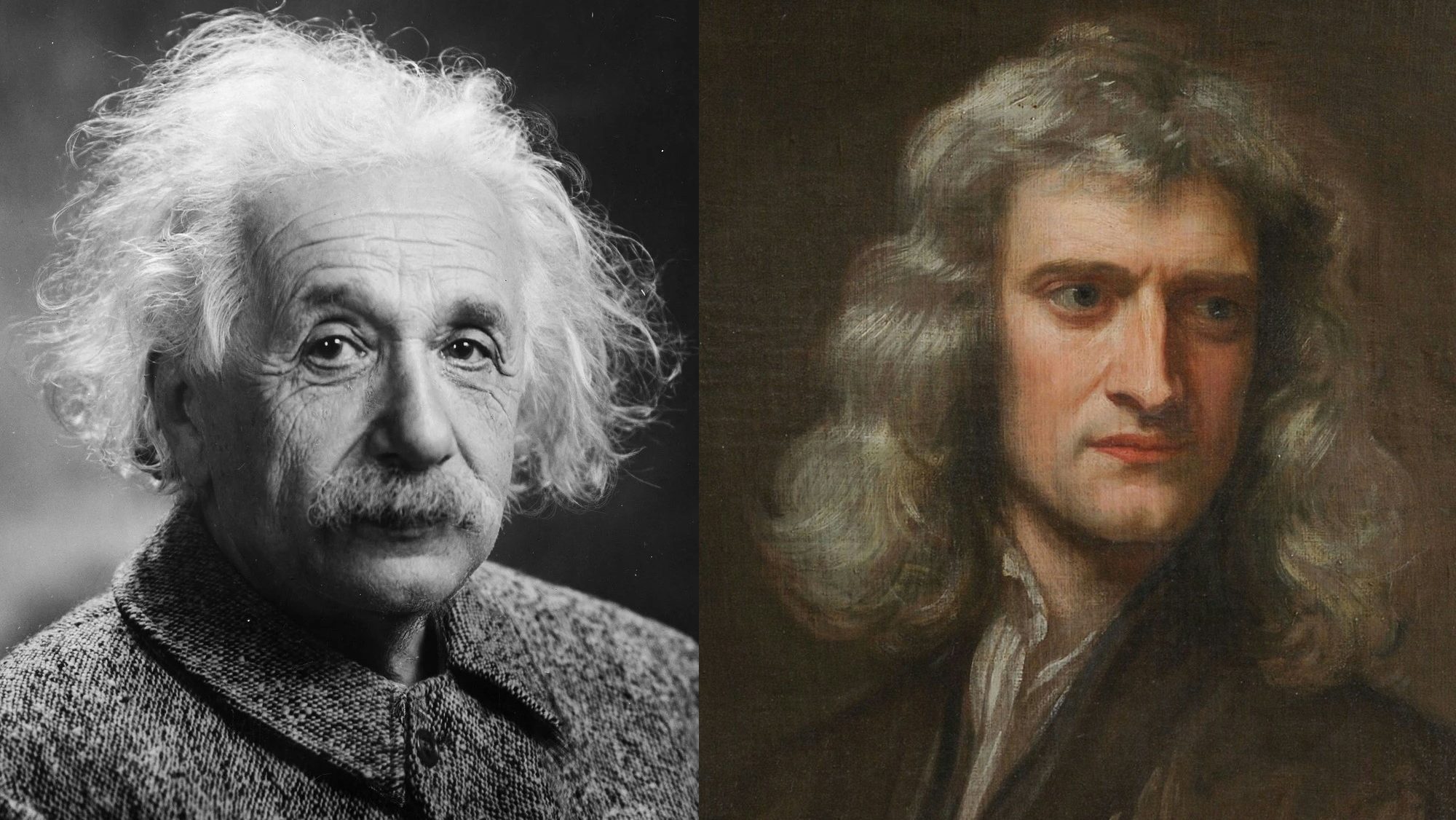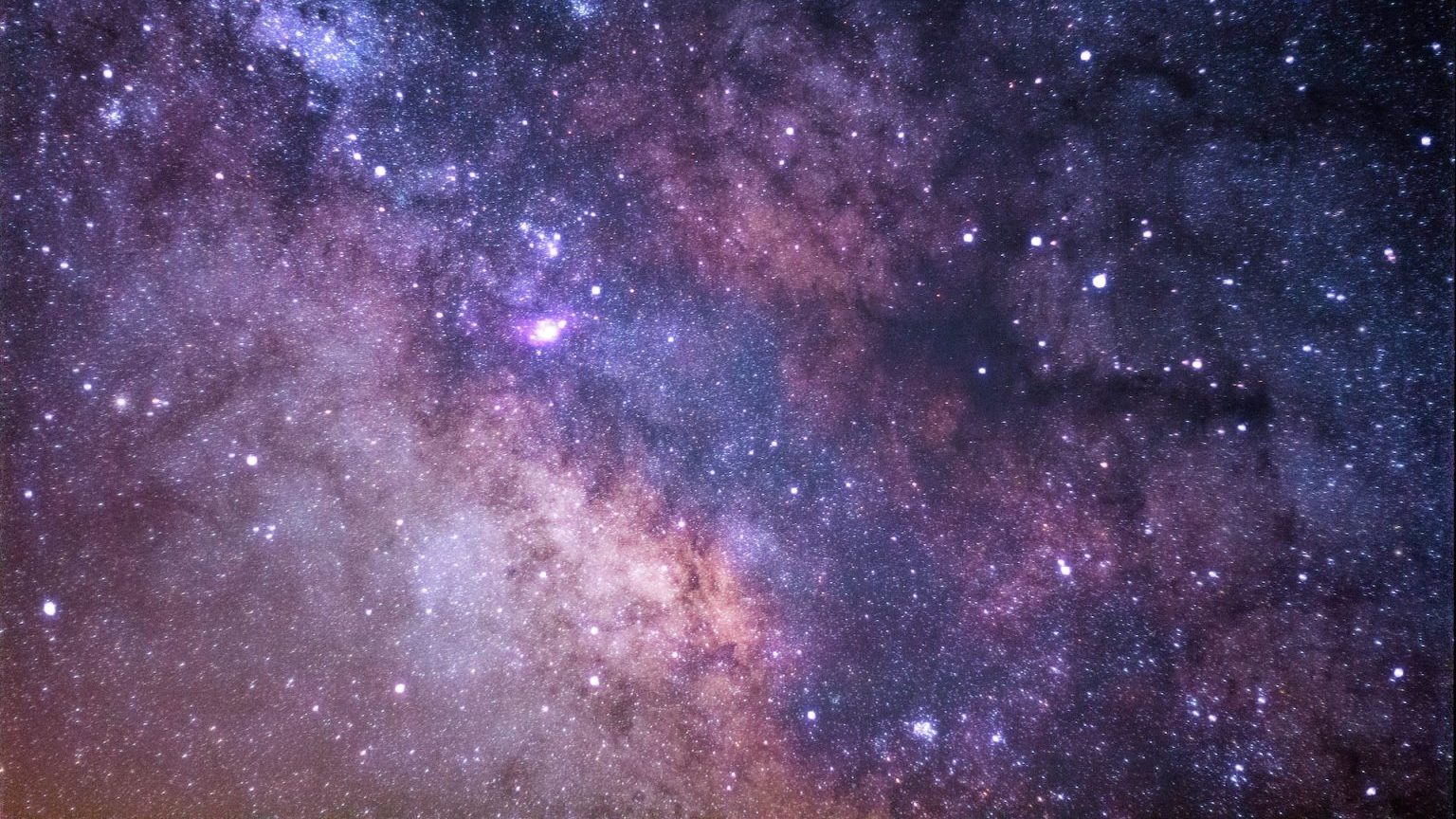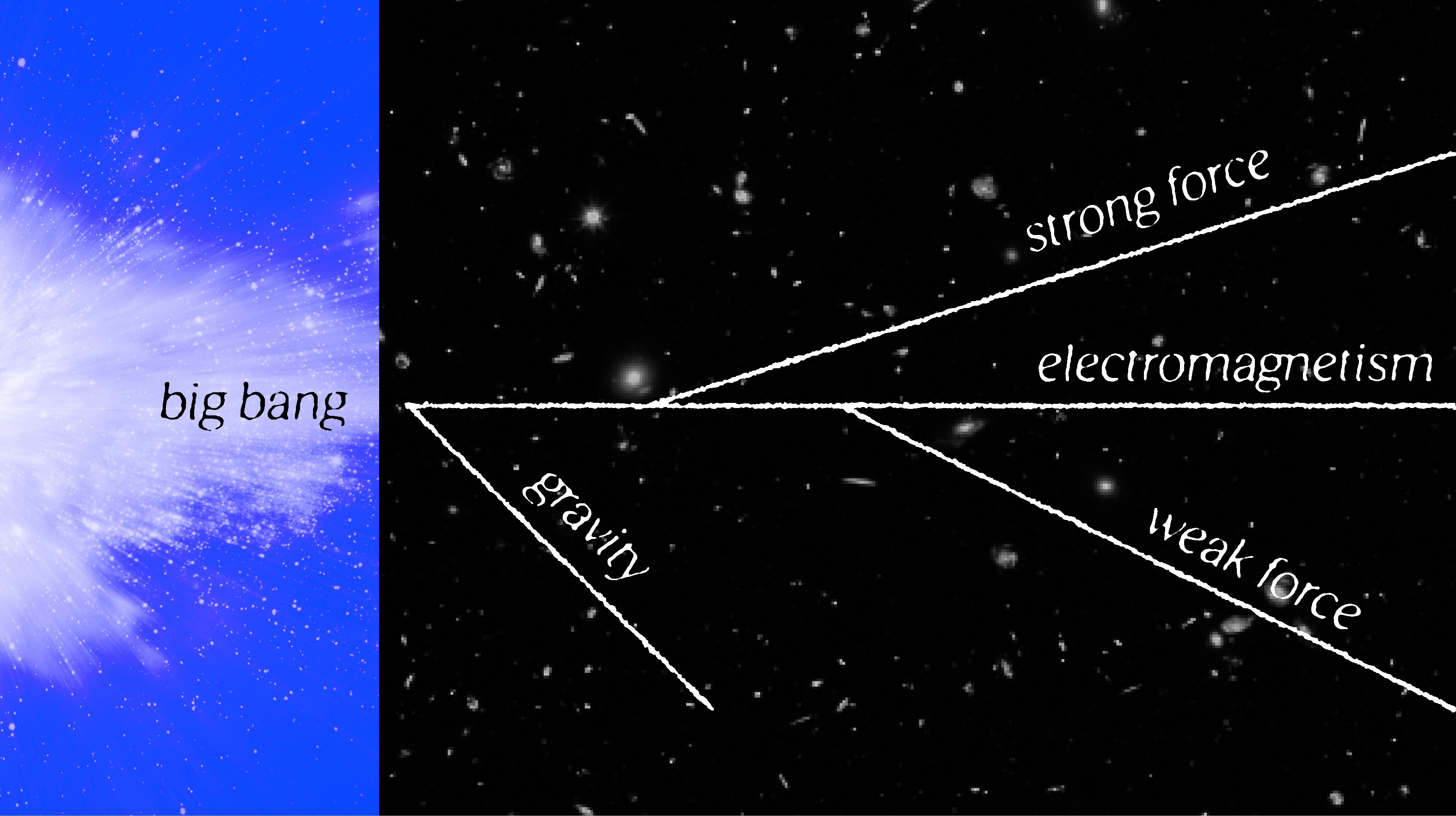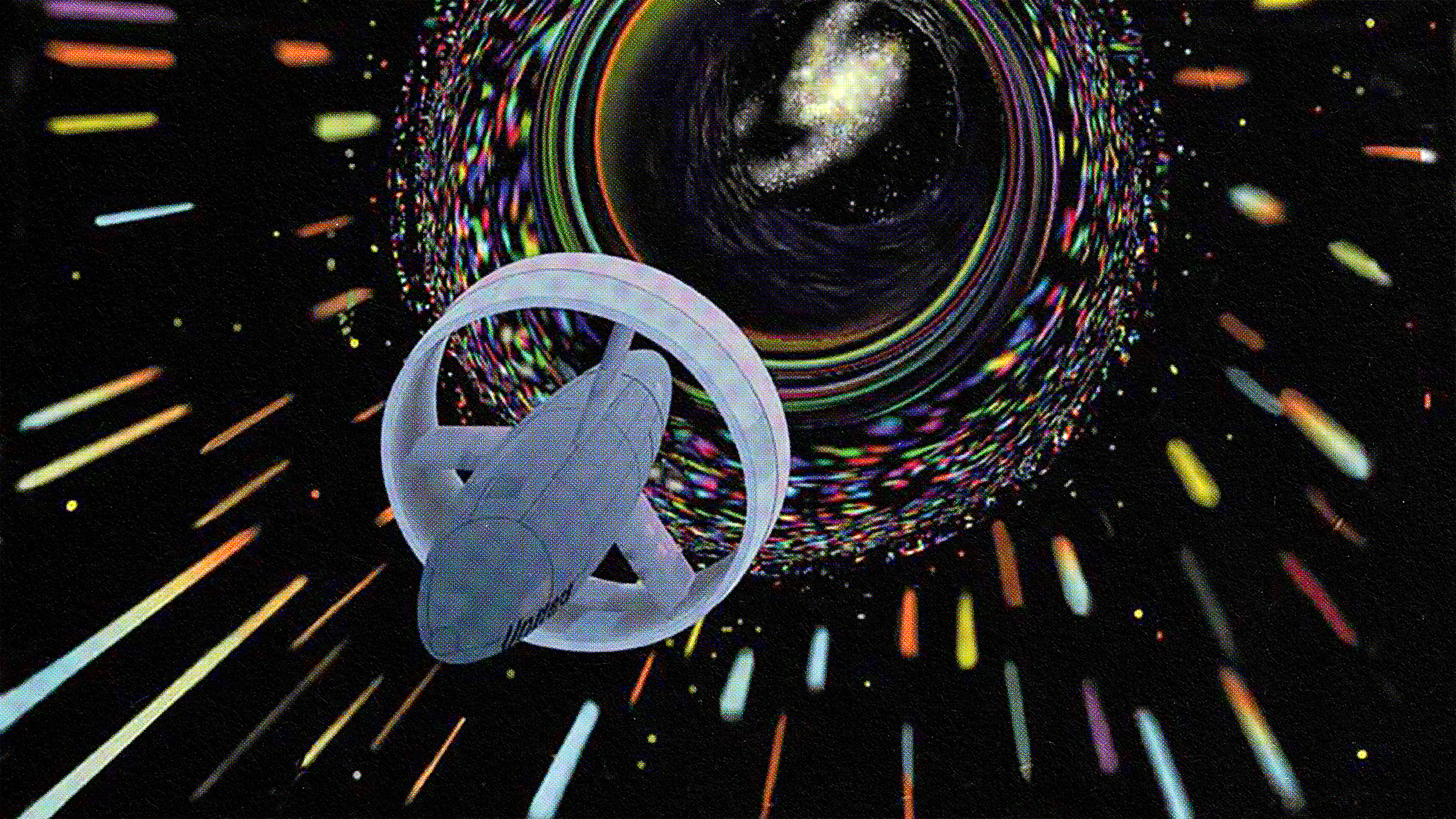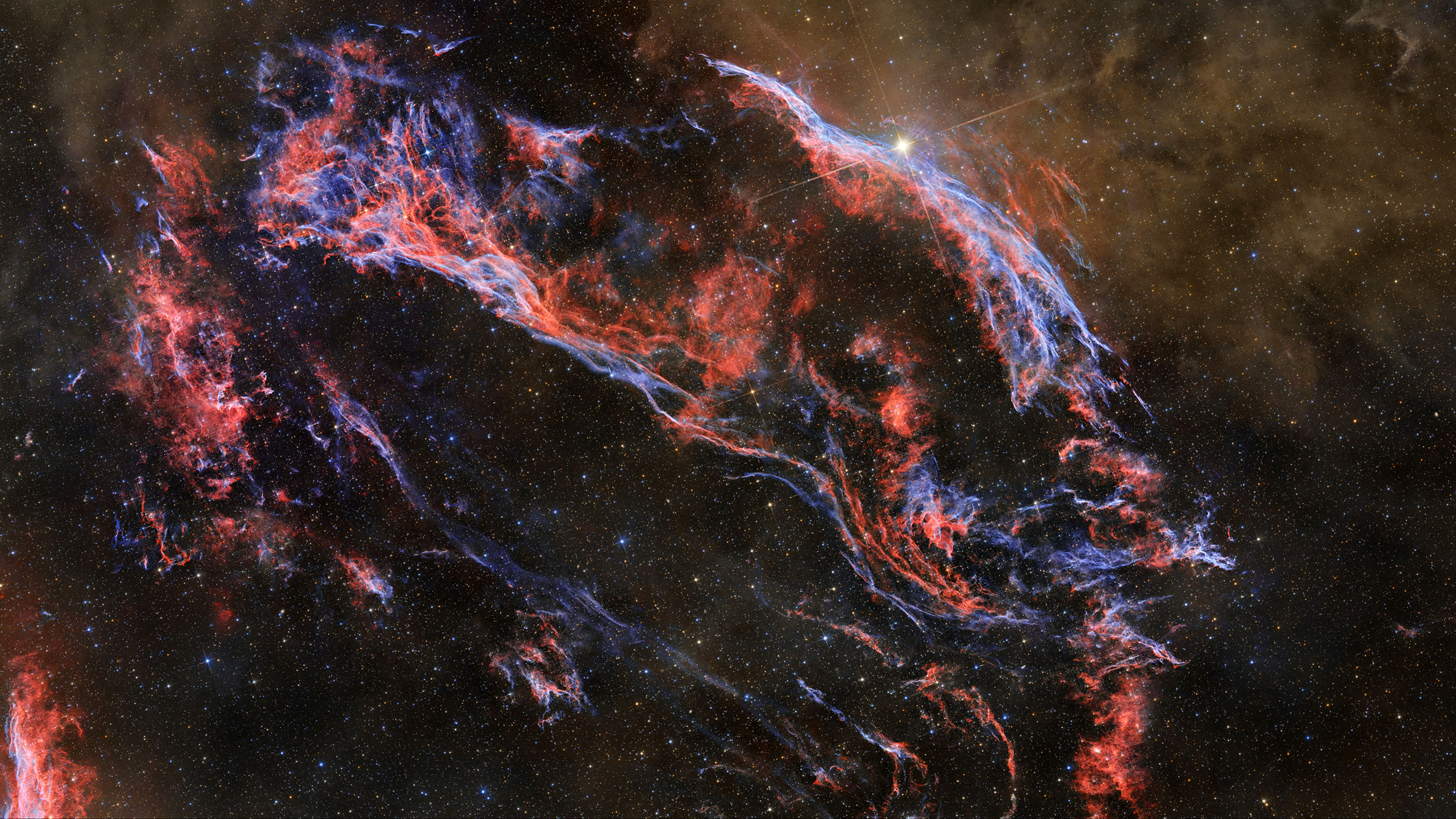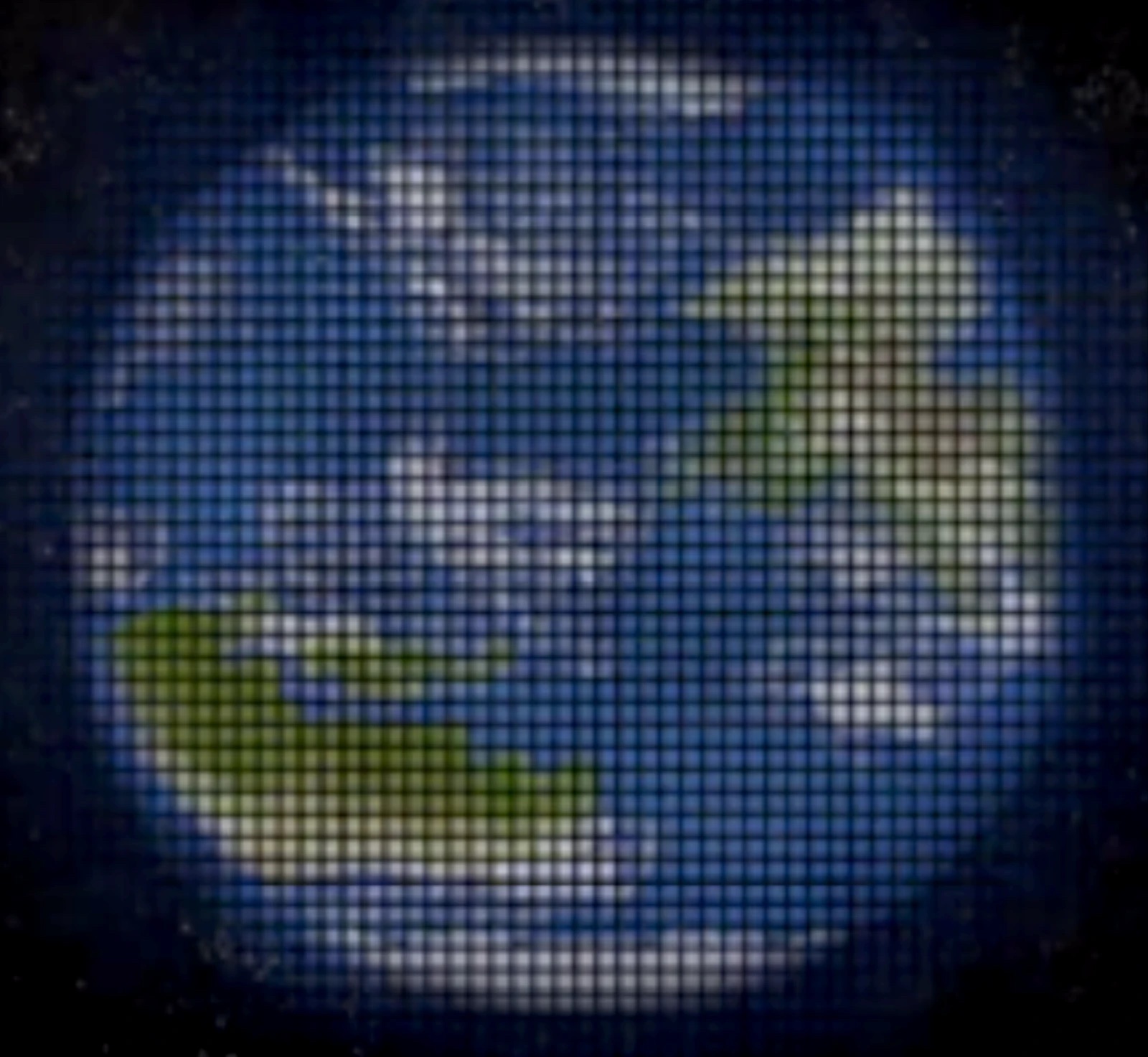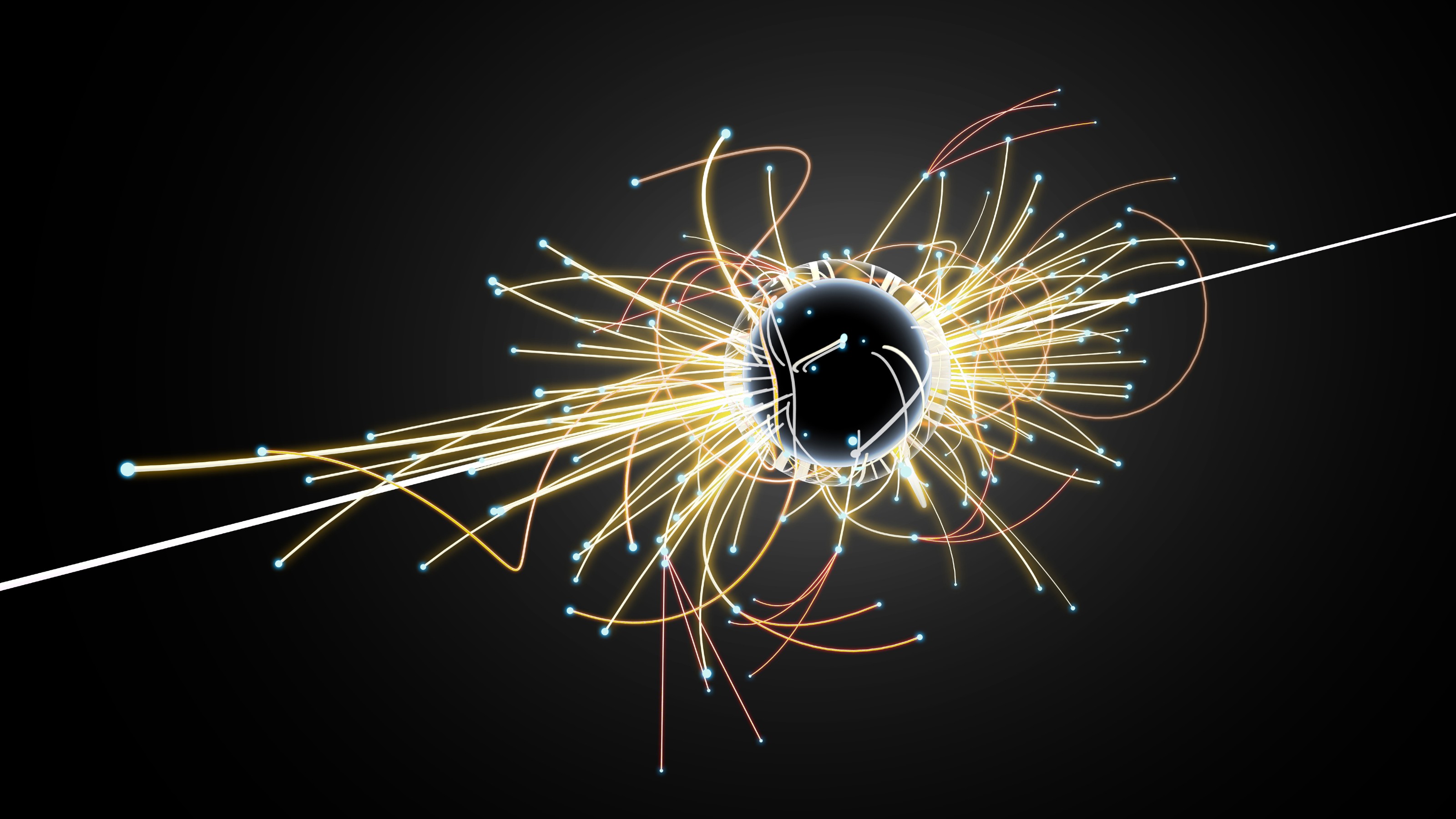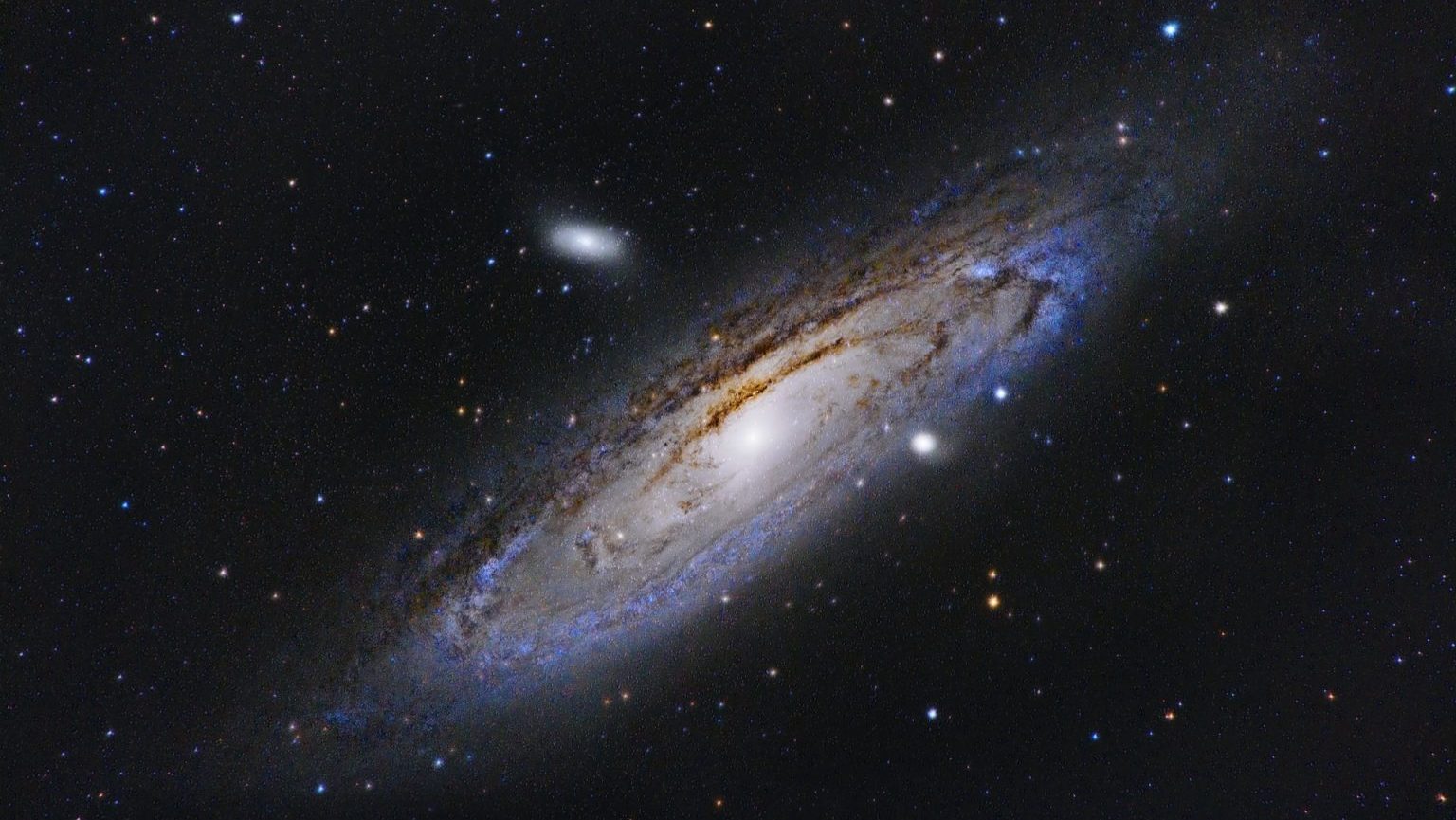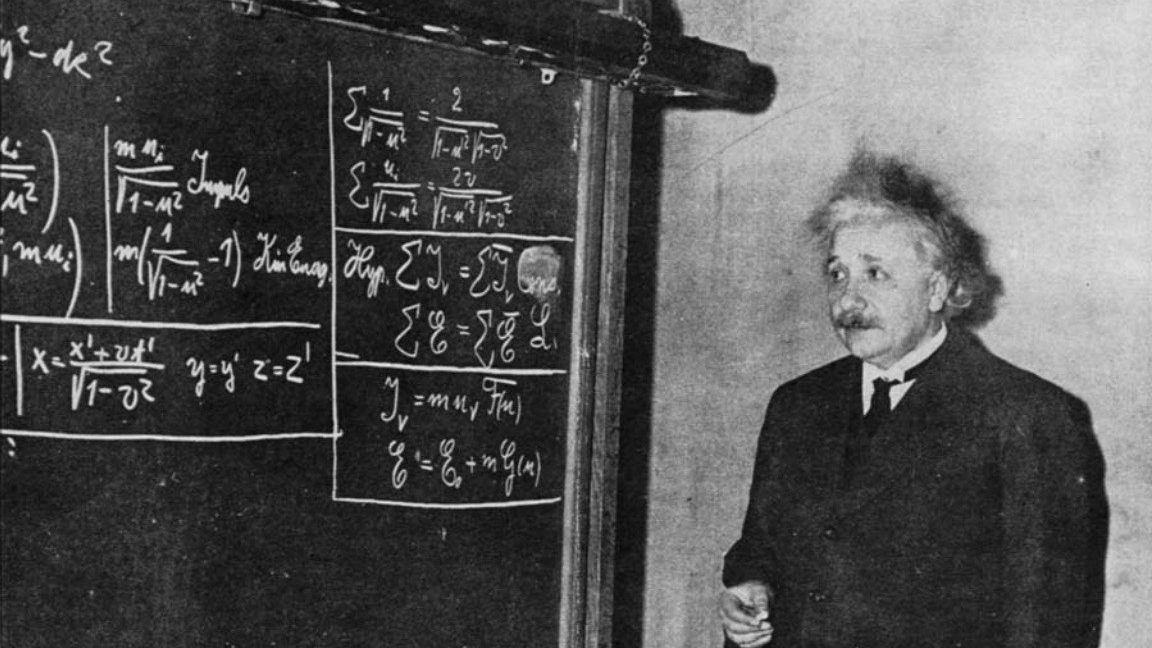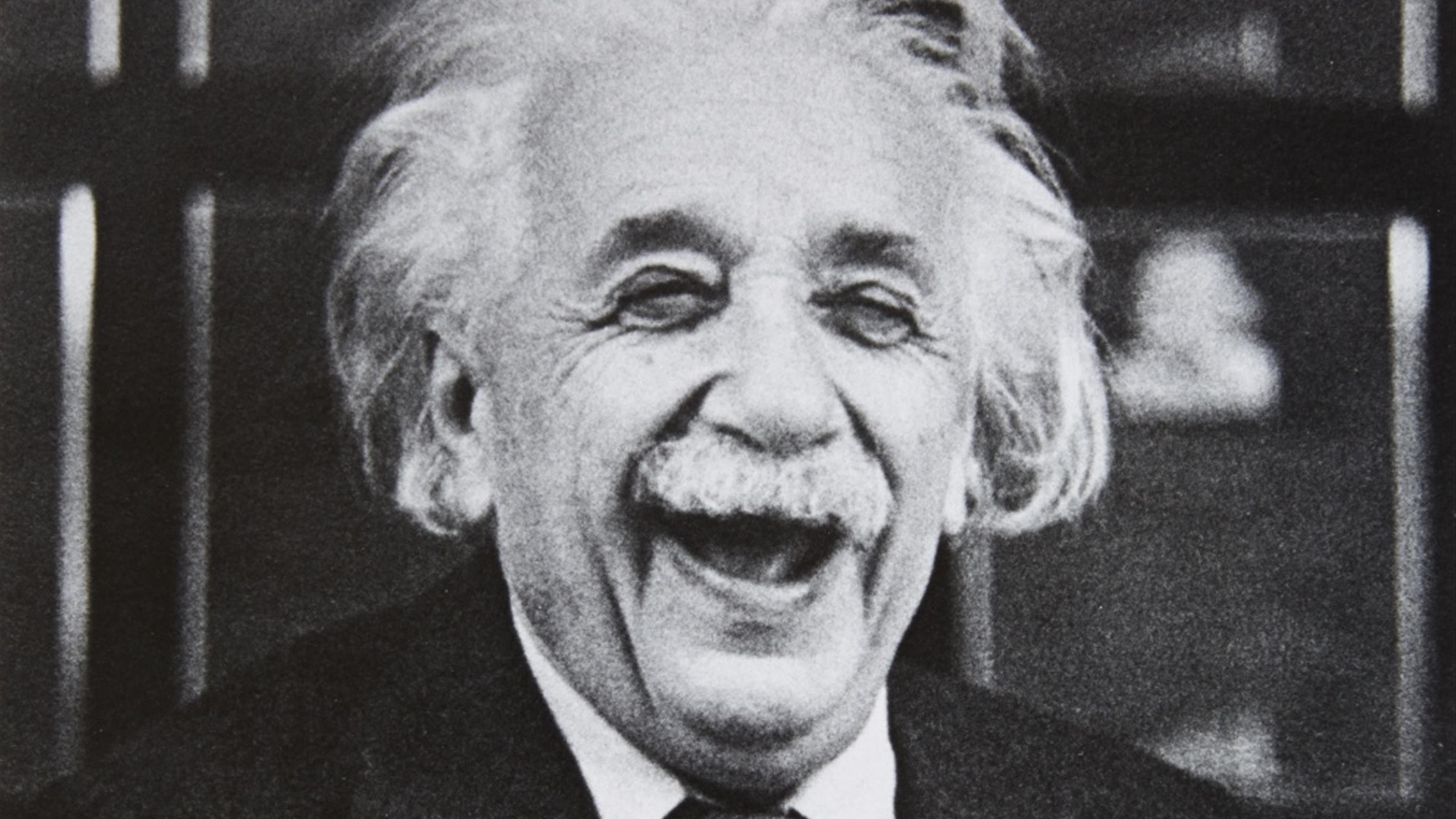Straddling the bounds of science and religion, Newton wondered who set the planets in motion. Astrophysics reveals the answer.
Search Results
You searched for: gravity
Lord Kelvin is thought to have said there was nothing new to discover in physics. His real view was the opposite.
The Big Bang’s hot glow faded away after only a few million years, leaving the Universe dark until the first stars formed. Oh, the changes!
How scientists are hearing the gravitational background “hum” of the Universe for the very first time.
The classic picture of Jupiter’s great rocky core might be entirely wrong.
Is science close to explaining everything about our Universe? Physicist Sabine Hossenfelder reacts.
▸
5 min
—
with
50 years ago, Stephen Hawking showed that black holes emit radiation and eventually decay away. That fate may now apply to everything.
Einstein’s relativity overthrew the notion of absolute space and time, replacing them with a spacetime fabric. But is spacetime truly real?
National Geographic’s first James Webb Space Telescope book shows us the cosmos like never before.
In all directions, at great distances, the Universe looks younger, more uniform, and less evolved. Does that mean Earth must be the center?
Though a single measurement is not enough to definitively decide the debate, this is a major win for dark matter proponents.
Adams was infamously scooped when Neptune was discovered in 1846. His failure wasn’t the end, but a prelude to a world-changing discovery.
Yes, “the laws of physics break down” at singularities. But something really weird must have happened for black holes to not possess them.
While Saturn and its moons all appear faint and cloudy to JWST, Saturn’s rings are the star of the show. Here’s the big scientific reason.
For nearly 25 years, we thought we knew how the Universe would end. Now, new measurements point to a profoundly different conclusion.
It’s not about particle-antiparticle pairs falling into or escaping from a black hole. A deeper explanation alters our view of reality.
For well over a century, engineers have proposed harnessing the ocean’s tides for energy. But the idea hasn’t seemed to register in many places.
The visible Universe extends 46.1 billion light-years from us, while we’ve probed scales down to as small as ~10^-19 meters.
That scary swirling void from which nothing can escape is our perfect universal translation tool.
Einstein’s “happiest thought” led to General Relativity’s formulation. Would a different profound insight have led us forever astray?
From the Big Bang to dark energy, knowledge of the cosmos has sped up in the past century — but big questions linger.
The problem of the electroweak horizon haunts the standard model of cosmology and beckons us to ask how deep a rethink the model may need.
The concept of the warp drive is currently at odds with everything we know to be true about physics.
Einstein’s theory of general relativity introduced the concept of space having a shape. So, what is the shape of space?
With a telescope at just the right distance from the Sun, we could use its gravity to enhance and magnify a potentially inhabited planet.
The key problem with the dark matter hypothesis is that nobody knows what form dark matter might take.
Physicists have yet to pinpoint the hypothetical matter that keeps galaxies from flying apart. Now they have a new focus.
More than any other equation in physics, E = mc² is recognizable and profound. But what do we actually learn about reality from it?
The most celebrated genius in human history didn’t just revolutionize physics, but taught many valuable lessons about living a better life.
